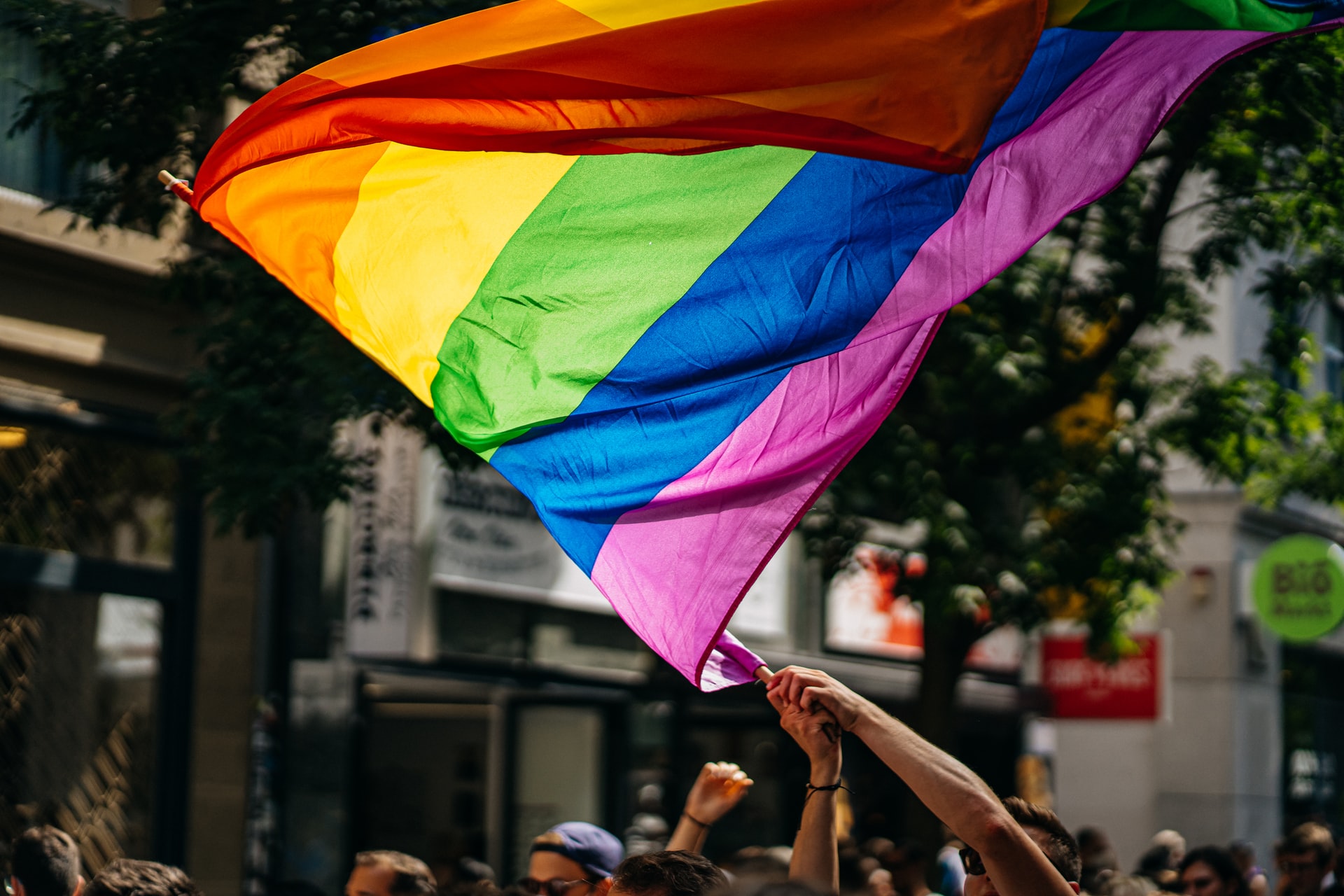Do Conservatives understand why lgbt people worry for their future? Is it because of Anita Bryant’s “Save Our Children” campaign? Or is it because they’re too lazy to learn about the history of sexuality? In this article, I will attempt to answer both questions. What is the conservative mindset? And do conservatives understand that gay men reached this landmark sooner than lesbians and bisexuals?
Anti-gay activist Anita Bryant’s “Save Our Children” campaign
In the past, Bryant has been the target of many criticisms for her activism on gay rights. The singer has resorted to the use of cartoons and songs to spread her beliefs. However, this campaign has fueled widespread opposition and boycotts against her. In the end, this campaign tarnished her reputation and led to her being forced to give up her career as an entertainer.
The success of Bryant’s “Save Our Children” movement led to victories for her anti-gay campaign all over the country and helped turn anti-LGBTQ+ beliefs into the core of conservative values. In 1977, Bryant faced a famous protest, when a man called Tom Higgins famously pied her in the face. Her granddaughter, Sarah Green, is now trying to decide whether to invite Bryant to her wedding.
Gay men reached this milestone sooner than lesbians and bisexuals
The study of gay and lesbian teenagers reveals that gay men first became aware of their sexual identity at a significantly younger age than lesbians and bisexuals. However, lesbians and bisexuals reached this milestone much later than gay men. This is likely because lesbians first experienced same-sex attraction much later than gay men. Lesbian teens also reach this milestone earlier than gay men, but there is no conclusive proof that bisexuality is more difficult to achieve than is assumed.
The age at which heterosexuals and gay men reported first same-sex attraction varied by their respective sex identity subgroups. Bisexuals and lesbians reached this milestone nearly three years later than men and bisexuals did. The age at which lesbians and gay men became aware of their sexuality was almost twice as long as that of heterosexuals. Therefore, the gap in time between bisexuals and lesbians was narrowed, but heterosexuals had a longer wait.
Reasons for living in a lgbt neighborhood
The numbers are staggering: more than three out of ten gay men and 18 percent of lesbians live in an LGBT neighborhood. While it used to be easier for LGBT people to live in a predominantly gay neighborhood, this has changed. Today, many more LGBT people live in predominantly heterosexual neighborhoods. Despite these statistics, many people still want to live in an LGBT neighborhood for a variety of reasons, including its welcoming community.
Those who live in LGBT neighborhoods are more likely to have friends who share their sexual orientation. According to Pew Research, half of gay and lesbian respondents said that social acceptance was a major or minor reason for living in the area. Meanwhile, 67% of respondents reported that social acceptance was not a major factor. In addition, more gay and lesbian adults cite the presence of LGBT people in their workplaces as a reason for living in an LGBT neighborhood.
Conservatives understand why lgbt people are scared for their future
The conservatives should ask themselves, do these youth really feel so scared for their future? This is a legitimate question, as the study shows that over half of LGBTQ youth report feeling shamed or depressed about being gay or lesbian. And many of them have even reported feeling stigmatized, rejected, or pushed out of their families. Conservatives must address this fear to help youth feel safe and secure.
The Republican Party has been guilty of this same fear-mongering for years. The party’s platform rejects the existence of transgender identity and has called for a ban on gender-affirming surgeries for minors. The GOP has even taken their anti-LGBT platform to the next level, rejecting equality for transgender people and opposing marriage equality. Whether they like it or not, the Republican Party’s platform has a lot to do with how people feel about their future.
